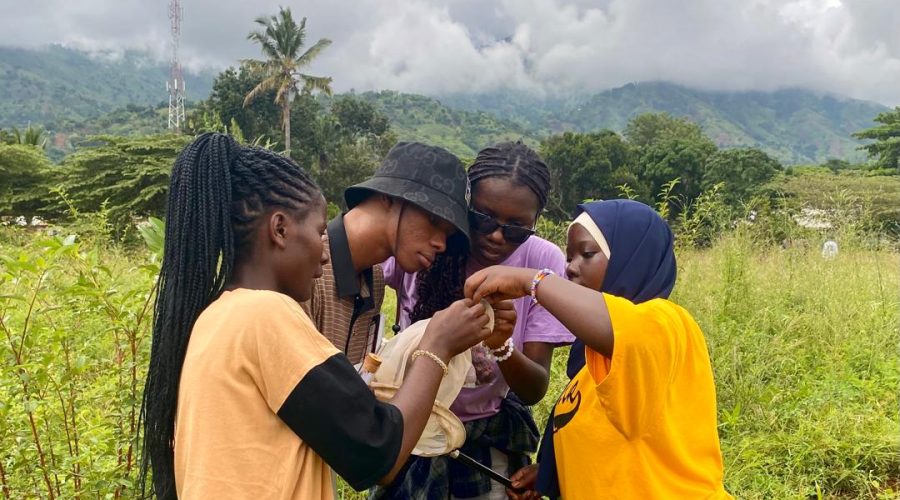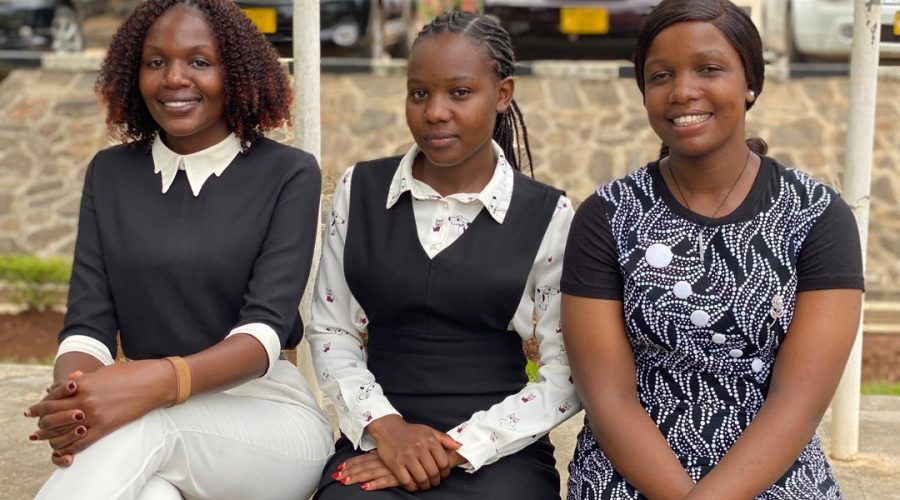“This University must be answering the needs, and solving the problems, of Tanzanian agriculture and rural life. Its aim must be, firstly, to contribute towards improved production and therefore improved standards of living for the people who live and work on the land or in connection with the land” ~ The late Mwalimu Nyerere during the Inauguration of SUA (September 1984)
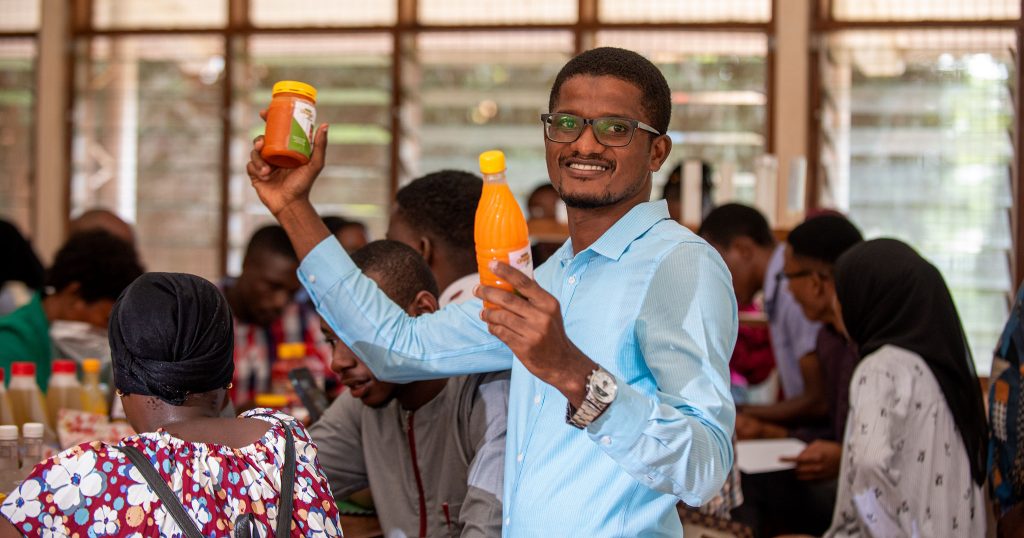
Among the challenges facing farmers is post-harvest losses. Value addition is a key strategy to reduce these losses. Sokoine University of Agriculture recognizes this and tailors its courses to build student capacity, making them valuable assets to their communities. One such module offered in the degree of Crop Production and Management is “Value Addition of Farm Products.”
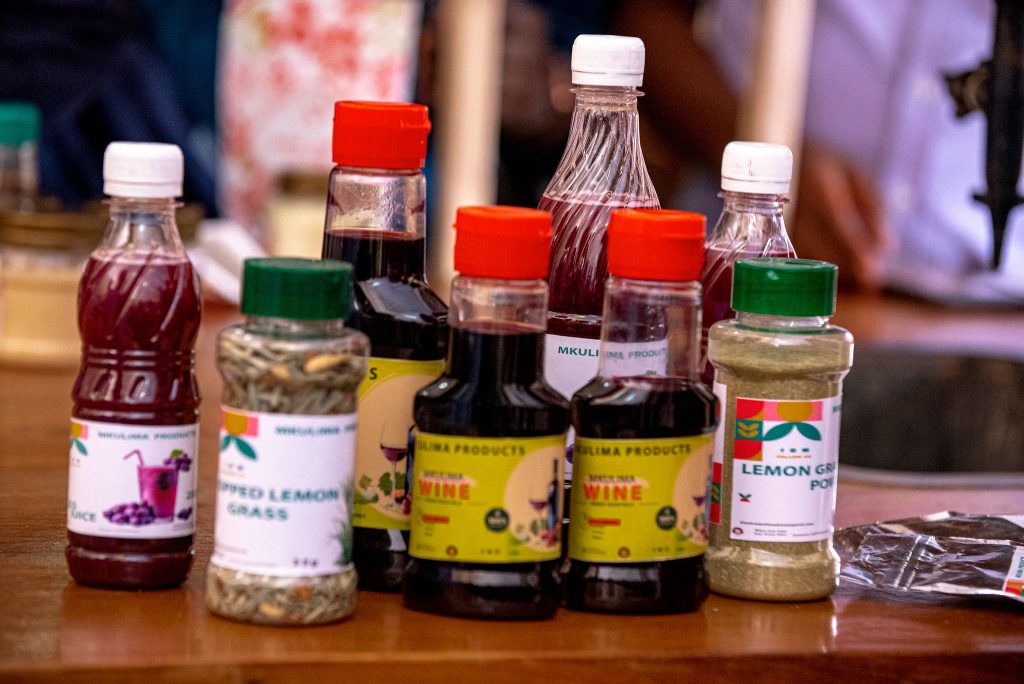
In a recent class, students were introduced to the concept of value-added agriculture, learning how to transform raw agricultural products into something more valuable. But this wasn’t just another lecture – after being equipped with knowledge, these future agricultural leaders were tasked with putting their newfound skills to the test by creating their own value-added products!

The results were impressive. From creating unique spice blends to preparing delicious jams, the students showcased a remarkable range of ideas. Some students took the processing route, transforming vegetables into healthy chips and fruits into nutritious juices. Others created innovative dried fruit mixes, demonstrating the potential of value addition.

The creativity wasn’t limited to the products themselves. Eye-catching labels and informative packaging demonstrated the students’ understanding of the importance of presentation in today’s market.
This session wasn’t merely about turning a mango into mango juice. It was about empowering students to see agriculture as a dynamic and innovative field. By adding value to their products, they gained valuable insights into the process of identifying customer needs and creating solutions.

The students had an opportunity to receive feedback from the audience as well as food scientists who advised them on how to further improve their products and compete effectively in the market.
 “The enthusiasm and creativity displayed by the students is a testament to the power of hands-on learning. This session planted the seeds of entrepreneurial thinking, skills that will benefit them far beyond the classroom.” ~ Dr. Zahara Majili (Human Nutrition and Consumer Behavior)
“The enthusiasm and creativity displayed by the students is a testament to the power of hands-on learning. This session planted the seeds of entrepreneurial thinking, skills that will benefit them far beyond the classroom.” ~ Dr. Zahara Majili (Human Nutrition and Consumer Behavior)
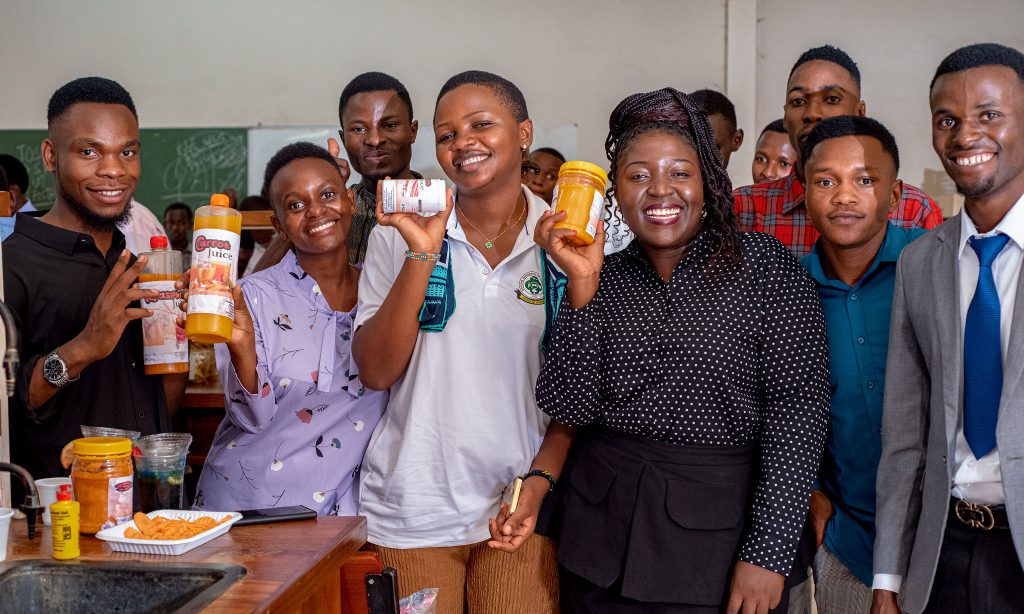
“We are preparing the students for life after campus. With the prevailing challenge of unemployment, these skills will help them to employ themselves and avoid being stressed out due to fewer employment opportunities.” ~ Ms. Hekima Mliga (Course Instructor)




